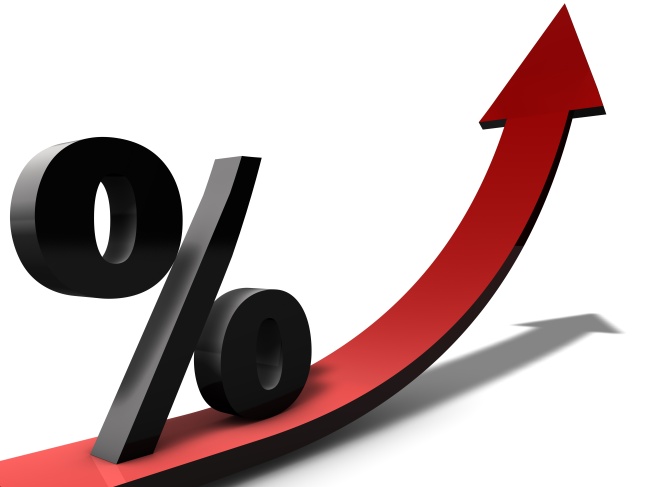Fed’s looming rate hike poses risks to Korean economy
By Korea HeraldPublished : March 5, 2017 - 15:34
The US Federal Reserve’s clear signal for a rate hike this month is posing downward risks to the Korean economy amid the nation’s all-time-high household debt and worries over a potential foreign capital exit on a narrowed interest rate gap between Korea and the US.
The Fed Chair Janet Yellen cemented her view on Friday that the Fed will raise interest rates at its meeting on March 14-15 if US employment and inflation data meet the Fed’s earlier expectations, according to news reports.
She also said rate hikes will “not be as slow as it was in 2015 and 2016.”
The Fed Chair Janet Yellen cemented her view on Friday that the Fed will raise interest rates at its meeting on March 14-15 if US employment and inflation data meet the Fed’s earlier expectations, according to news reports.
She also said rate hikes will “not be as slow as it was in 2015 and 2016.”

The earlier timing of the Fed’s rate increase in March, rather than the market expectation of May or June, raised concerns over the South Korean vulnerable households who will have to pay higher interest rates on their loans.
The nation’s household debt has reached 1.34 quadrillion won as the end of 2016, or about 83 percent of gross domestic product, according to the Bank of Korea’s latest data.
Increased payments for interest rates on mortgage loans reduce disposable income, especially among low-income households.
According to the BOK, about 1.5 million people are regarded as “vulnerable borrowers,” who have taken multiple loans from more than three financial institutions, whose credit ratings are low at between 7 and 10, and whose income is in the lowest 30 percent bracket.
The structure of mortgages in Korea is risky because a majority of mortgages do not mandate regular principal repayments, experts said.
“Around 60 percent of mortgages are non-amortizing loans, which means that households make only interest payments until the final maturity date of the loan, at which point they must make a onetime bullet repayment of the full loan principal,” Shirin Mohammadi, associate analyst at Moody’s Investors Service, said in a note.
The Fed’s rate increase also adds worries over a possible foreign capital flight from Korea to the US by those seeking higher yields.
At the latest monetary policy committee’s meeting in February, the BOK kept its base rate at a record low of 1.25 percent, an eighth consecutive rate freeze since lowering it by 0.25 percentage points in June last year.
If the Fed raises rates from the current 0.5-0.75 percent to 0.75-1 percent, the interest rate gap would narrow from the current 0.5-0.75 percent to a 0.25-0.5 percent.
“If the US starts rate hikes in March, the Fed’s raising rates will be three times, not two times, this year -- in March, June and December. On that scenario, the US-Korea interest rate gap will be reversed at the end of this year,” noted Lee Mi-seon, analyst at Hana Financial Investment.
The BOK could seek a rate hike to prevent a foreign capital exodus but doing so would heavily weigh on vulnerable indebted households who have to pay higher interest rates for their mortgage loans they took out on cheap money.
The central bank is scheduled to hold the next rate-setting meeting on April 13.
By Kim Yoon-mi (yoonmi@heraldcorp.com)
-
Articles by Korea Herald




![[Herald Interview] 'Amid aging population, Korea to invite more young professionals from overseas'](http://res.heraldm.com/phpwas/restmb_idxmake.php?idx=644&simg=/content/image/2024/04/24/20240424050844_0.jpg&u=20240424200058)













![[KH Explains] Korean shipbuilding stocks rally: Real growth or bubble?](http://res.heraldm.com/phpwas/restmb_idxmake.php?idx=652&simg=/content/image/2024/04/25/20240425050656_0.jpg&u=)

